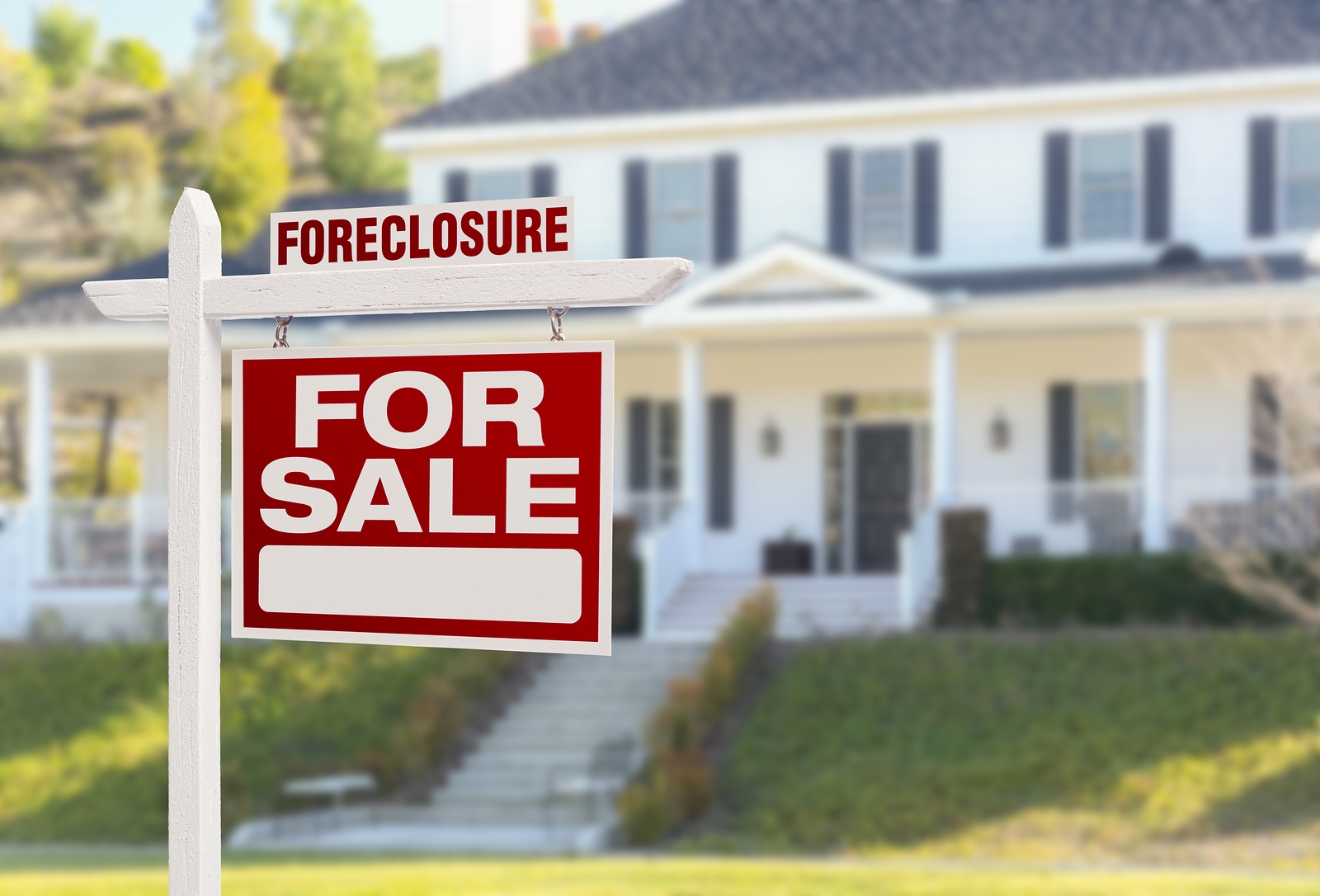As the celebration of a new year has finally come and passed, right after the holidays, many homeowners tend to accidentally neglect various aspects of their home maintenance.
Although some of us may have enjoyed rather warm and pleasant weather this December, January and February will probably be a little different. That means, your home might be vulnerable to cold weather damage if not taken care of properly. Fortunately, with this home maintenance checklist, you’ll have the assurance that your humble abode will be able to combat the big chill ahead.
Test the Alarms
This should be done several times a year, but reminding our fellow homeowners probably won’t hurt. As much as possible, regularly test the carbon monoxide smoke detectors, and don’t forget to check if your security system is up and running the way it should be. The batteries should always be relatively fresh so you can avoid the painful sting of the alert that comes with dying batteries.
If there are kids around the house, there’s never a bad time to talk about an emergency evacuation plan. See to it that they know exactly what to do if fire, earthquake, or any other unforeseeable circumstances present themselves.
Remember, it’s better to be safe than sorry!
Inspect the Foundation
The last thing you want to deal with during the cold winter months ahead is ice making its way into a crack in the foundation. This can cause significant structural problems for your home. That’s why it’s very important to take a walk around the house and check for any cracks frequently. Although small cracks are inevitable, they should not be taken for granted and should be sealed right away.
Check the Gutters and Roof
There are still certainly places where the leaves are falling from trees and covering lawns, it’s important to ensure however, that the gutters don’t get neglected. Don’t let the leaves pile up, always try to clear your gutters as soon as possible.
The accumulation of leaves can lead to drainage problems, which means whenever it rains, it will be difficult for the water to go down the sprout and away from the building. Once this happens, the water could force its way into the walls and ceilings of your home.
While checking the gutter, don’t forget to check the roof as well. See to it that the shingles are in good condition and there aren’t any leaks. The roof should be strong and functional so that it would be able to withstand the weight of snow during a storm.
Seal Windows and Doors
Perhaps, the reason why your electric bill is rather high, is because of the air escaping through the gaps around the door frames and windows. As you seal the cracks in the foundation, don’t forget to seal the spaces around the doors and windows too. This will help keep the house warm when it’s cool while saving you money.
The Heating and Cooling Systems Should Be Maintained
While we’re talking about your heating and cooling bills, then you should also know, that it’s highly advisable to inspect and maintain these respective systems as well.
Make it a habit to check if your heating and cooling systems are working the way they should be. Also, it’s better to tackle the repairs while they’re still small, instead of waiting for them to worsen. This should be done by a professional, he should make sure that the vents are clean, and the spaces aren’t obstructed by dirt, or any other types of buildup.
Have a Home Inventory and Review Your Policy
Every new year, brings with it resolutions with hopes that we can be a better person for the coming year. Some may want to be a little more responsible, but how exactly do you go about accomplishing that?
Having a home inventory could help a homeowner prepare for the unknown. If a disaster of some kind occurs, there’s always the risk that you’ll be too distressed to remember how much each of your items costs. So, a complete list of everything you own and the value of each item will definitely come in handy.
Do yourself a huge favor and create this list for the new year. This should be stored in a safe place, and you’ll be thankful that you did.
Aside from that, understanding your insurance policy and being aware of it can greatly benefit you. Insurance can certainly be quite tricky, so the best move would be to hire an agent who will guide you through all the important components if your policy.



















